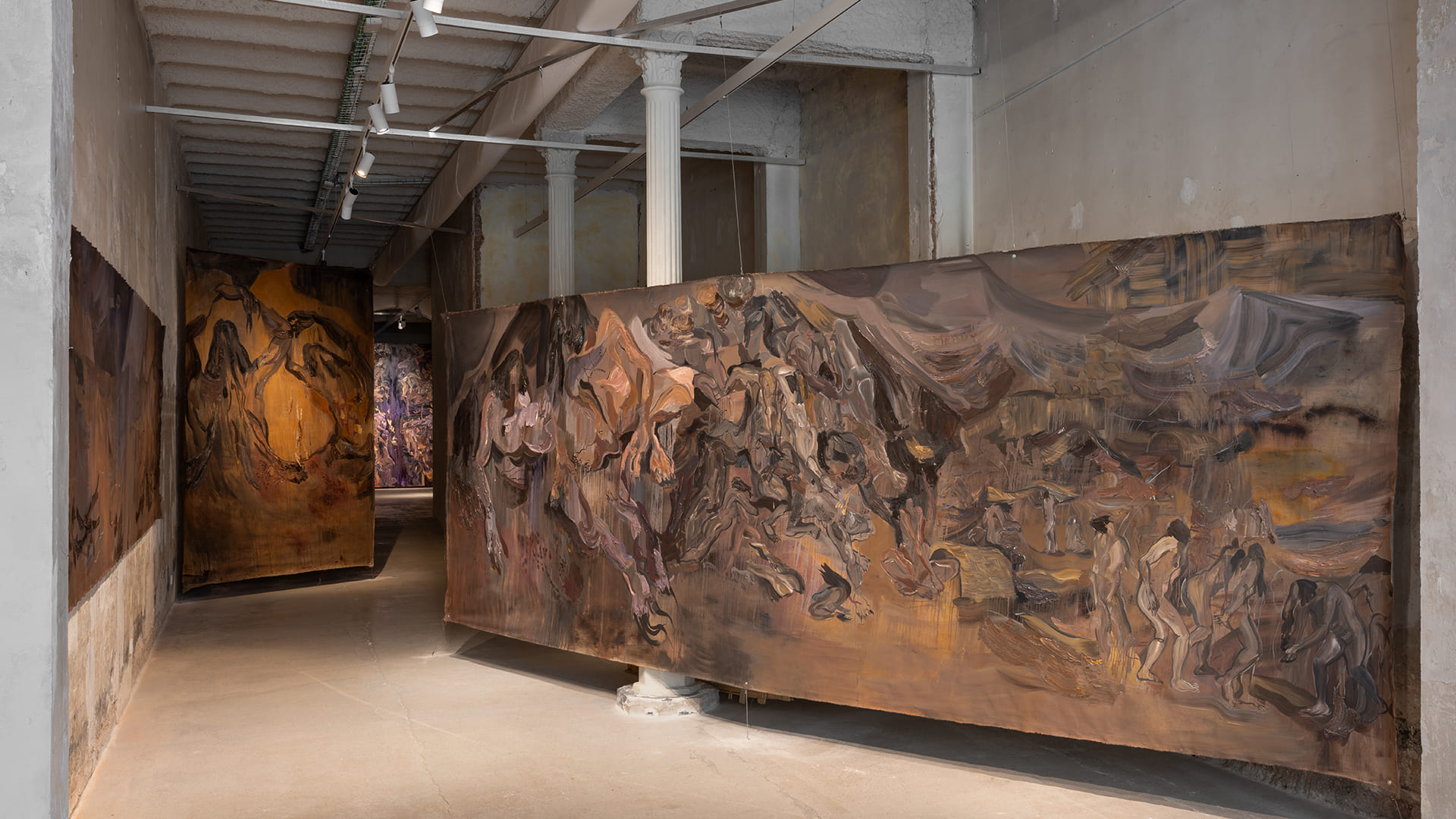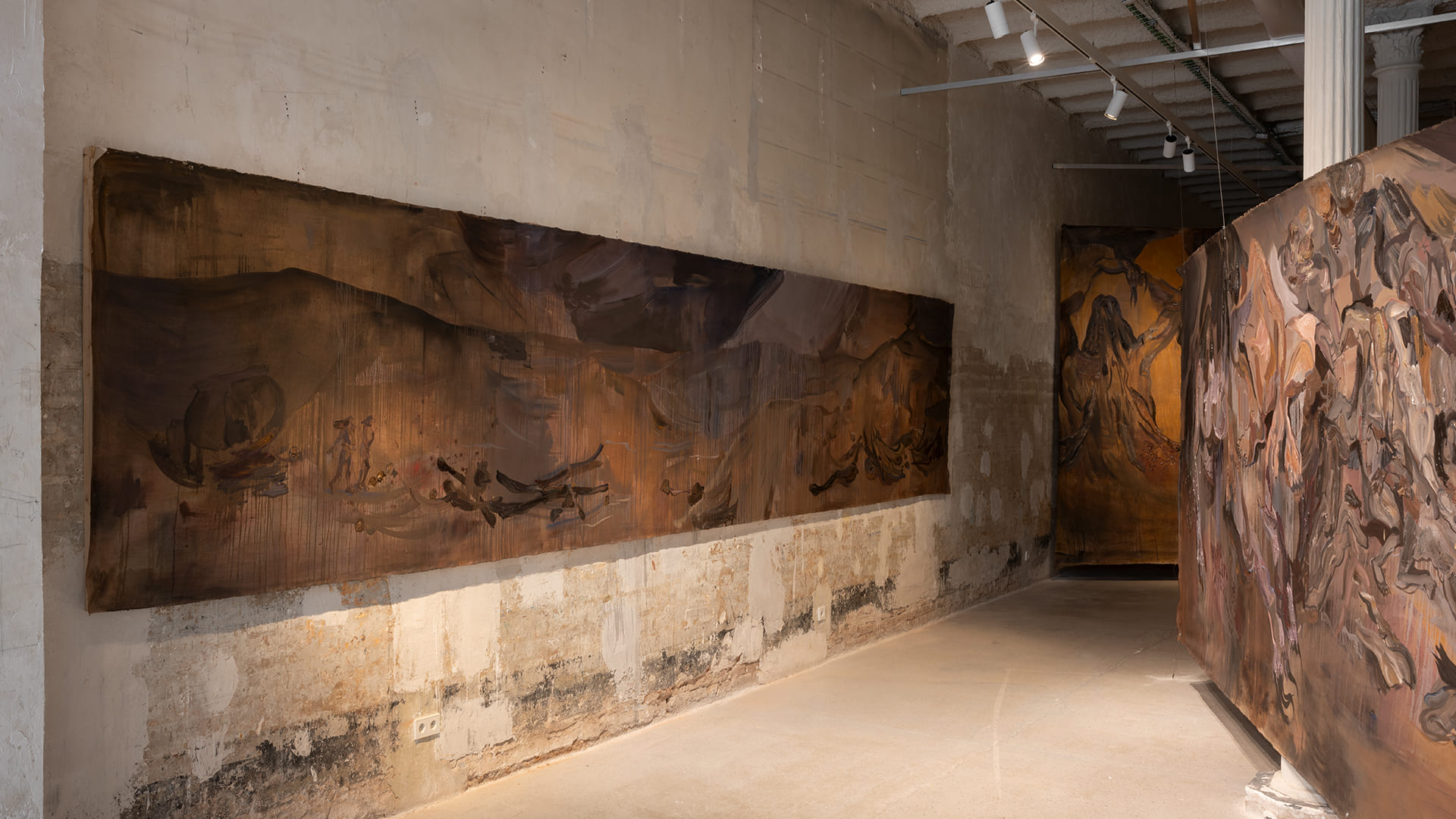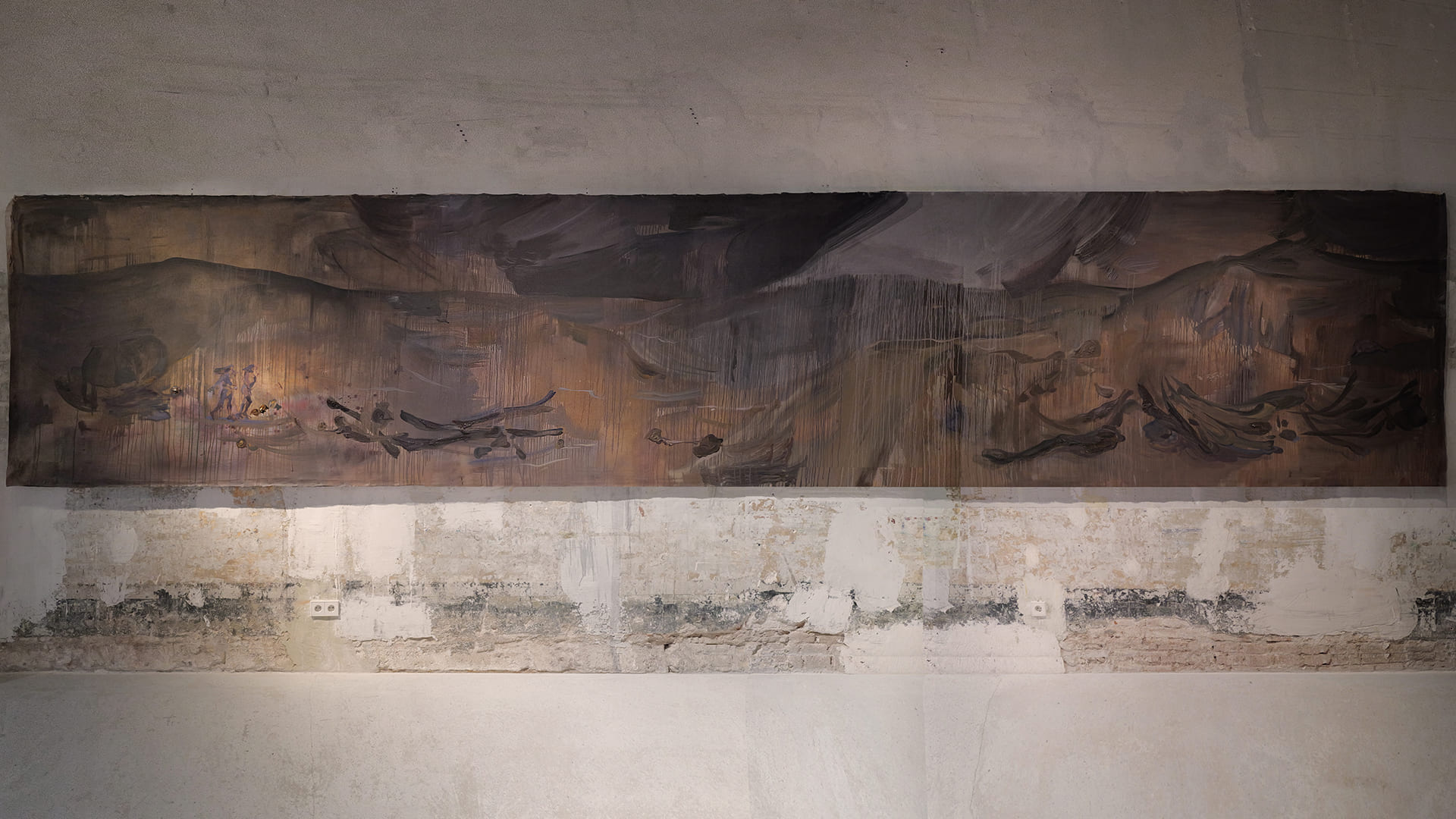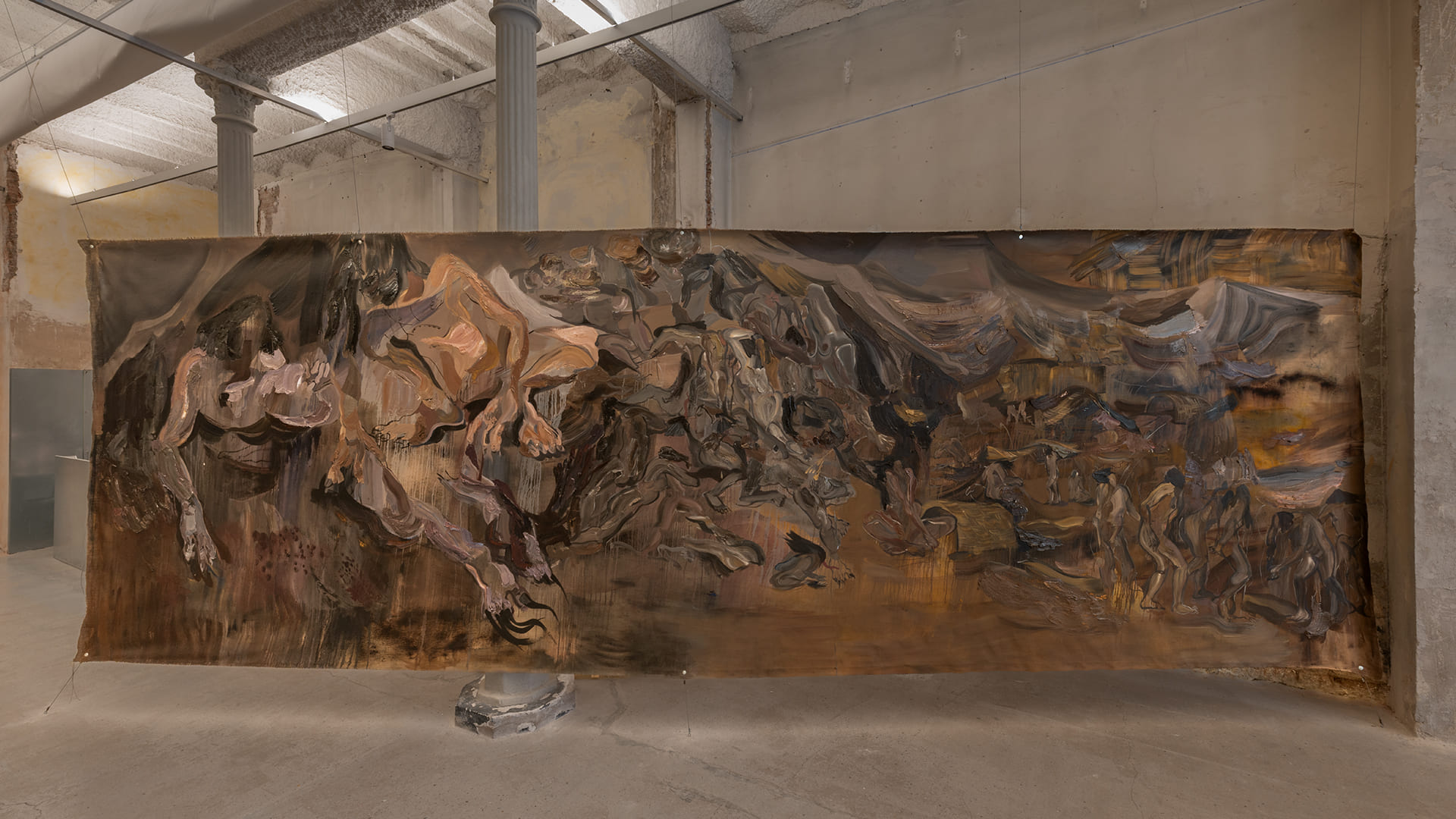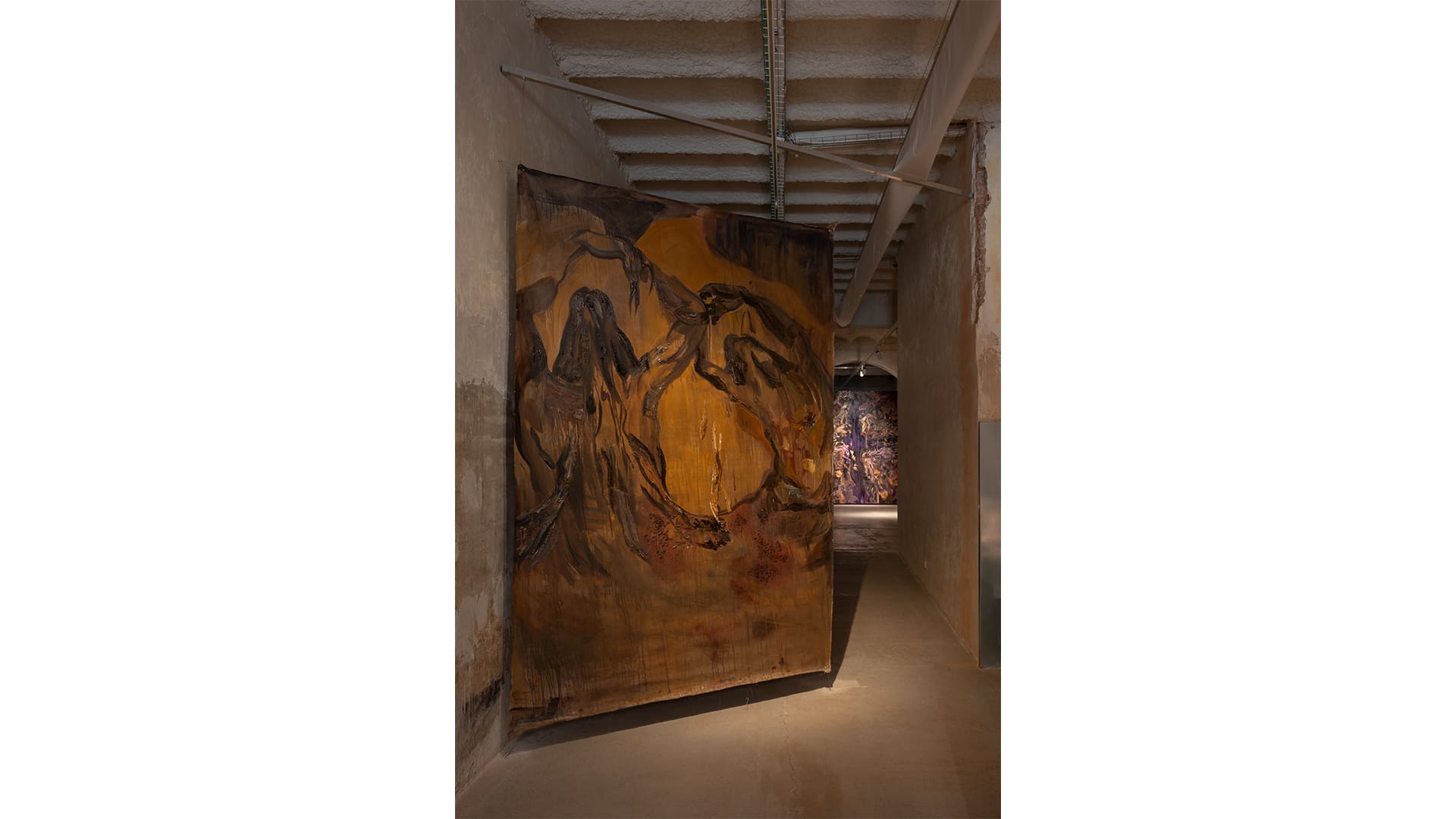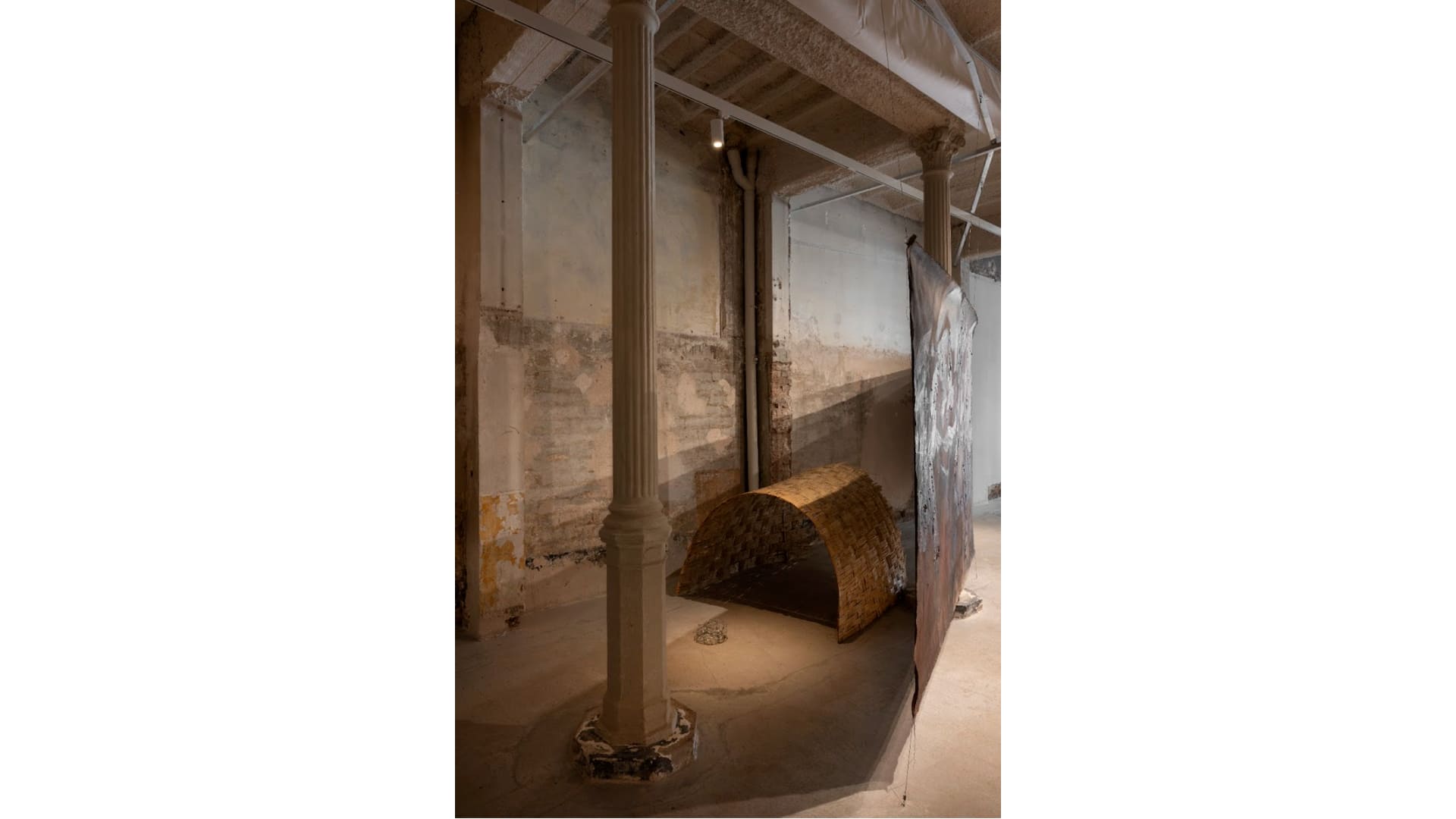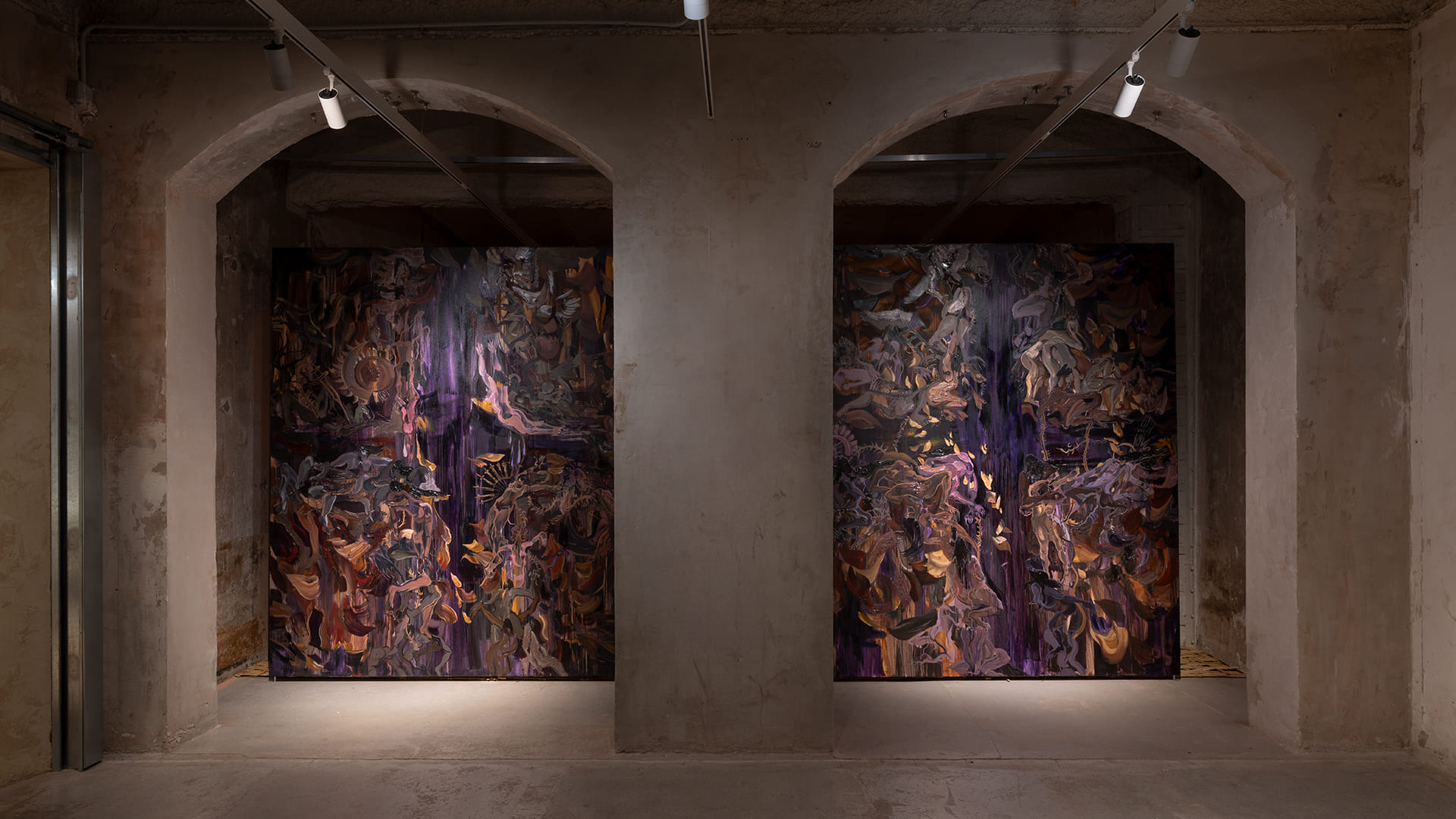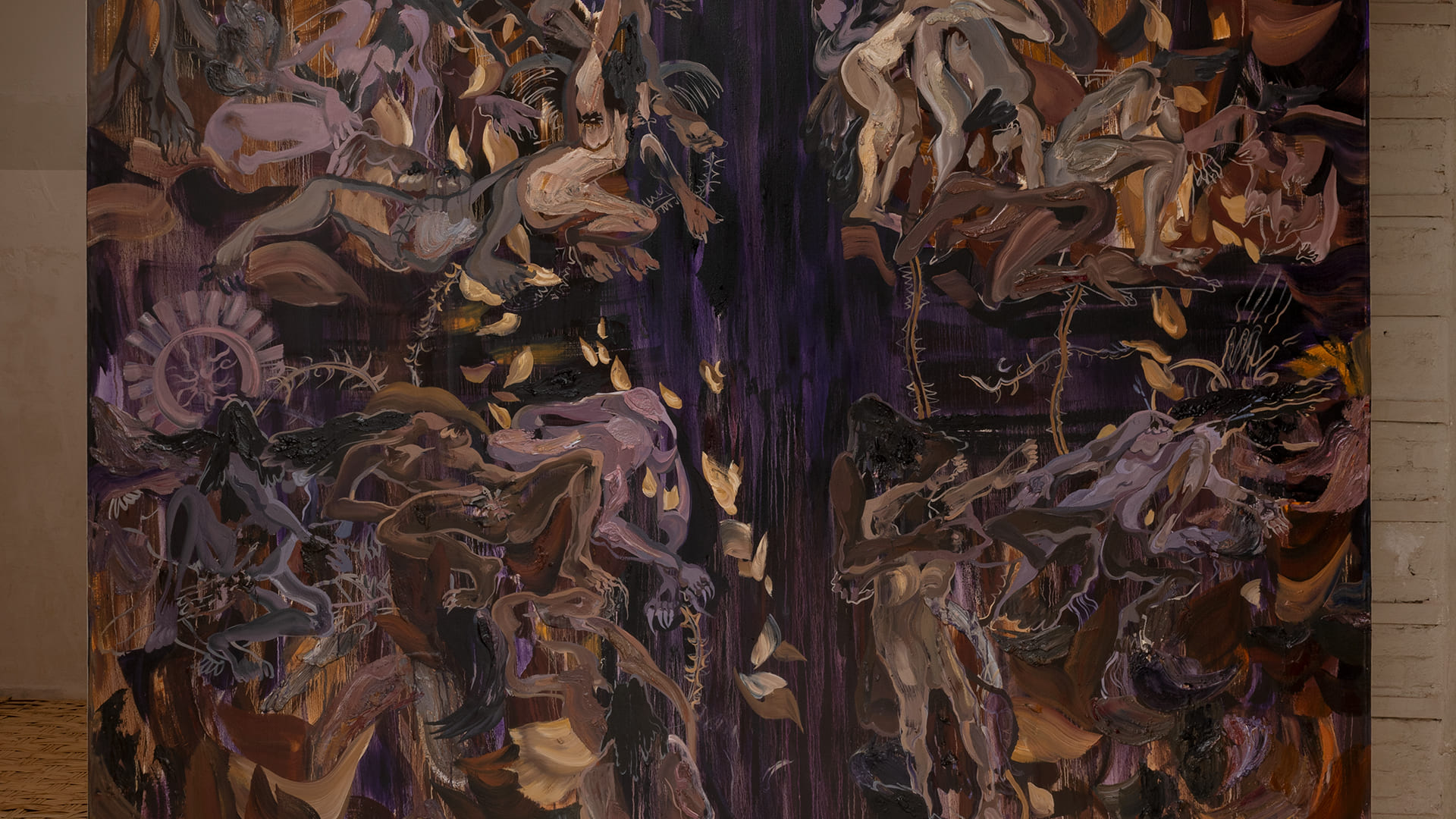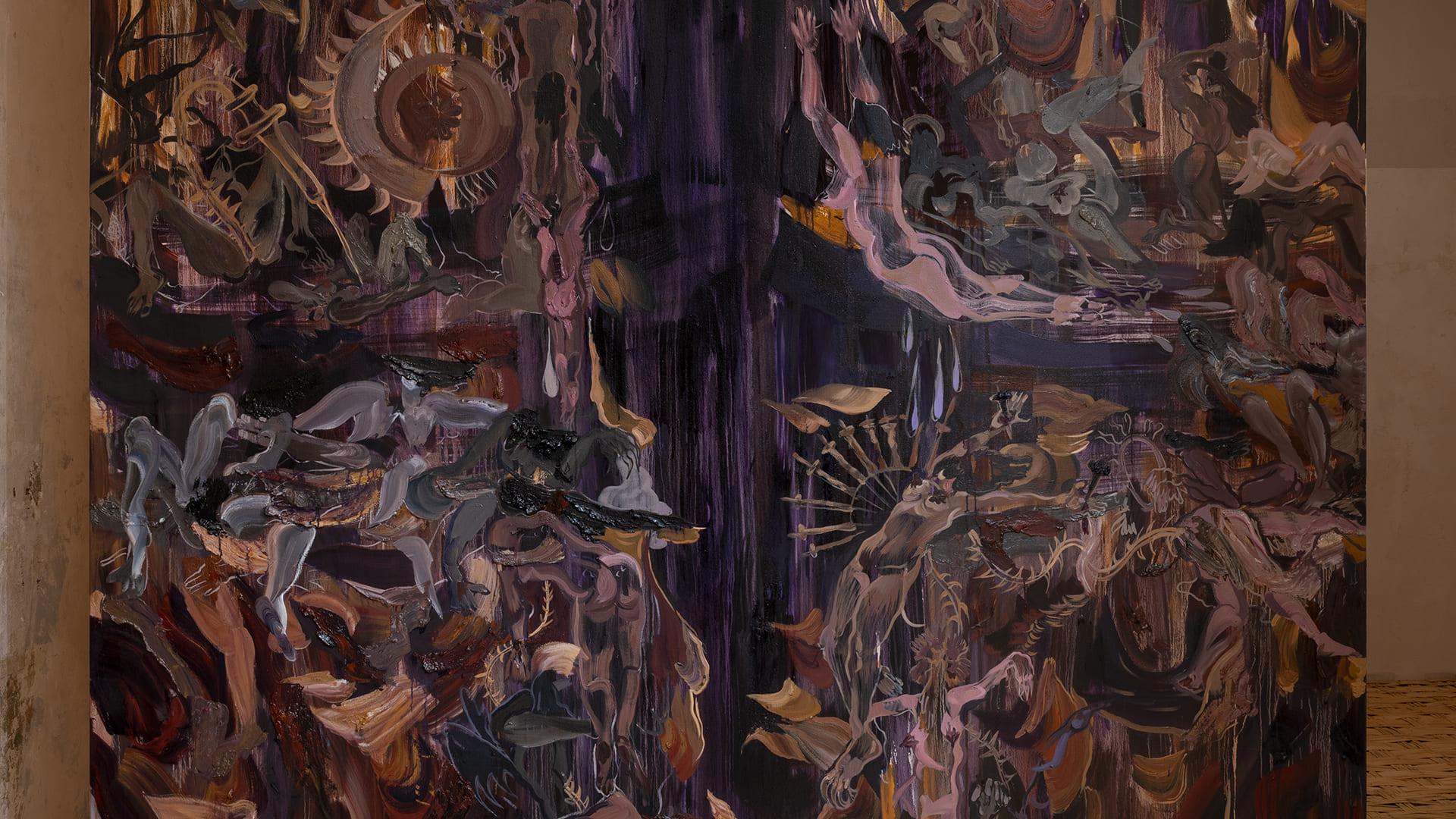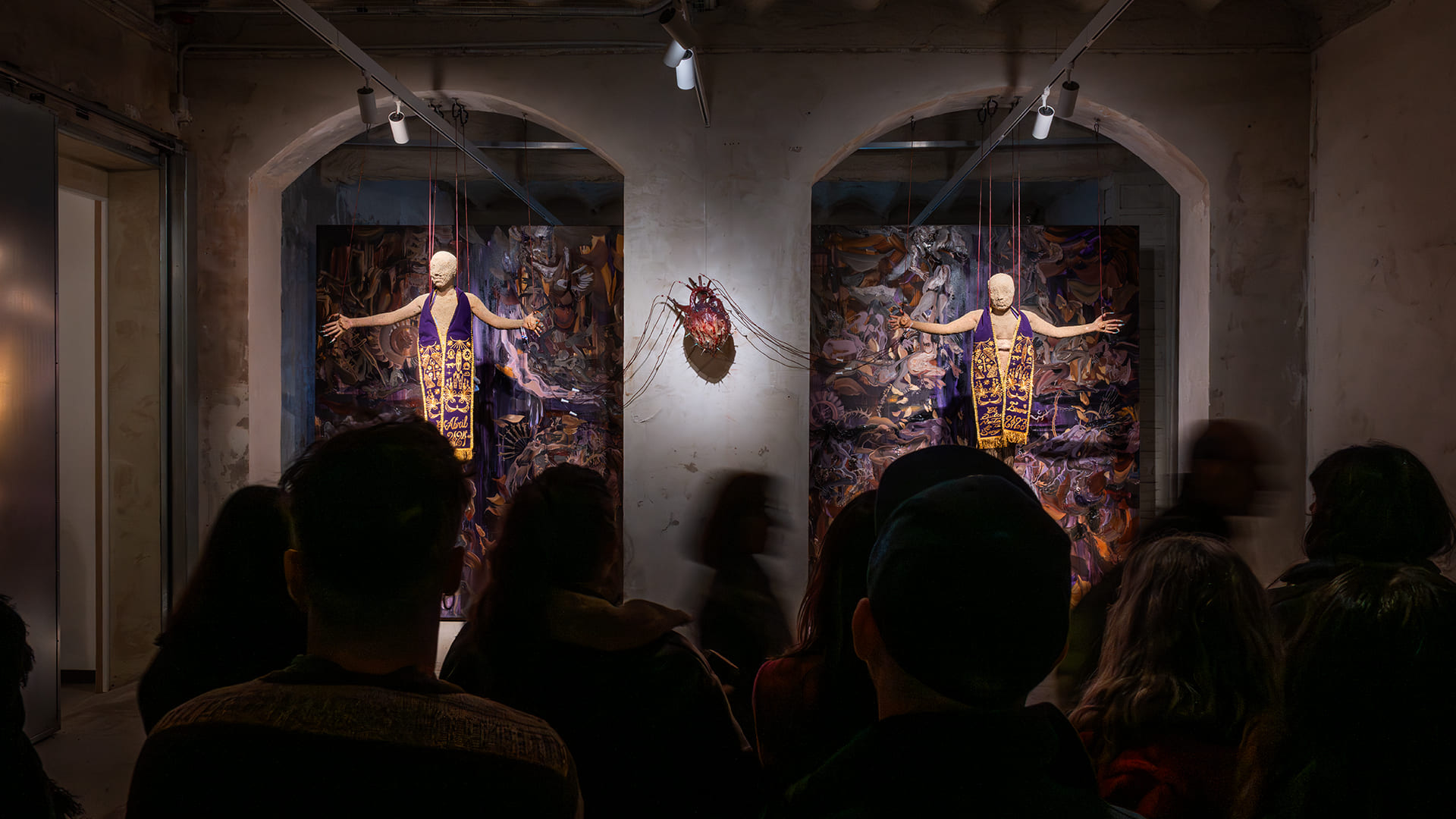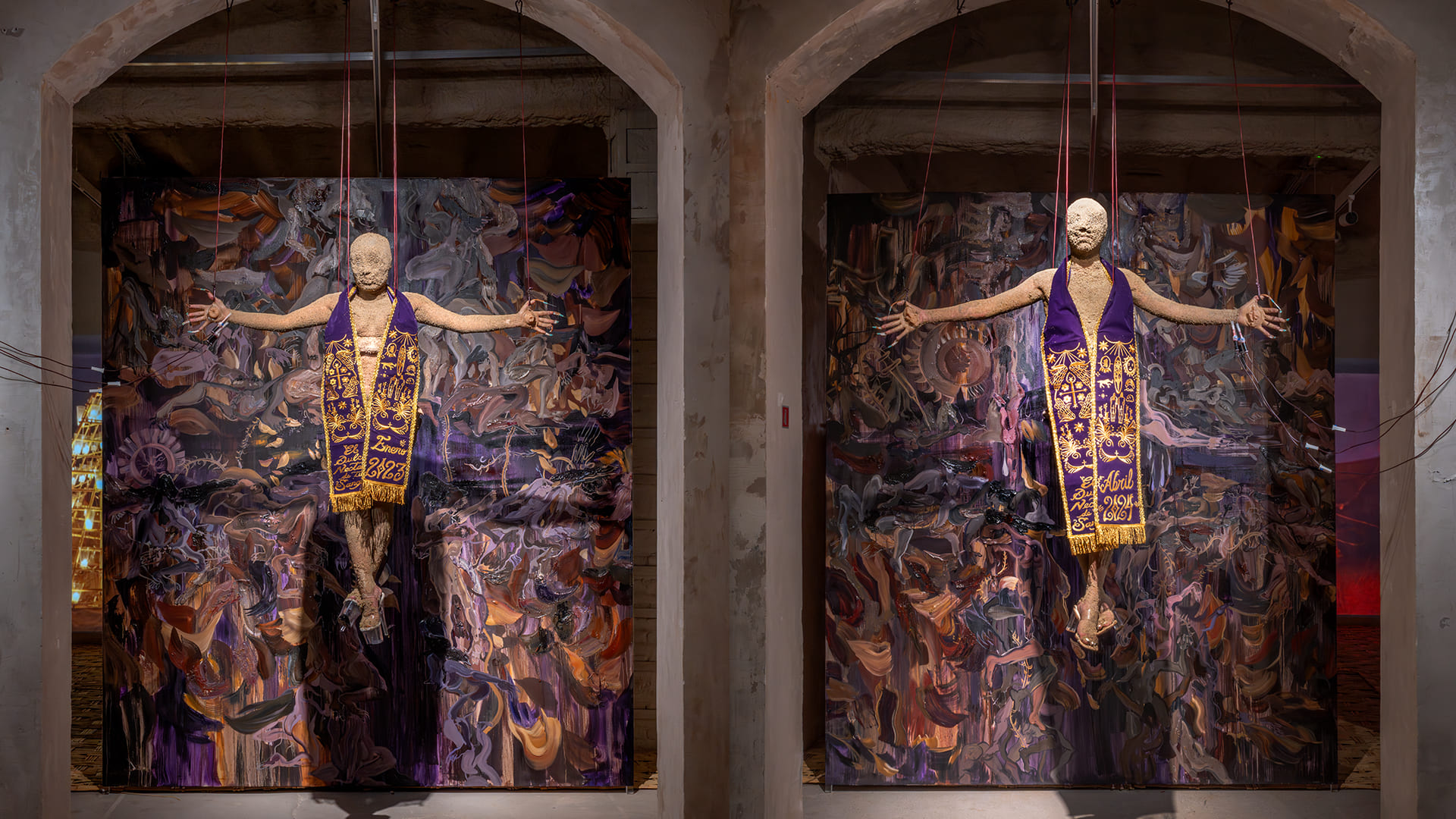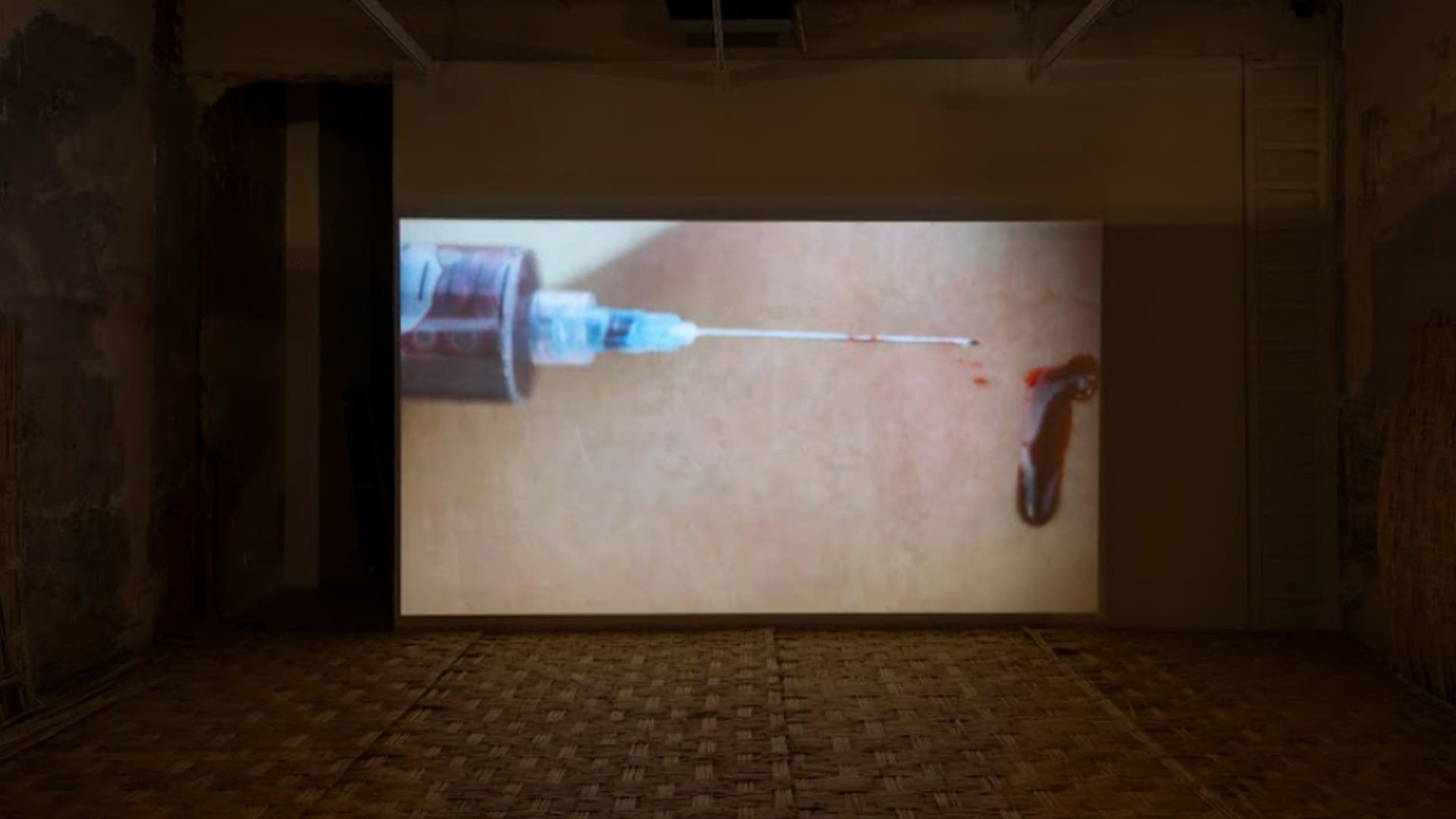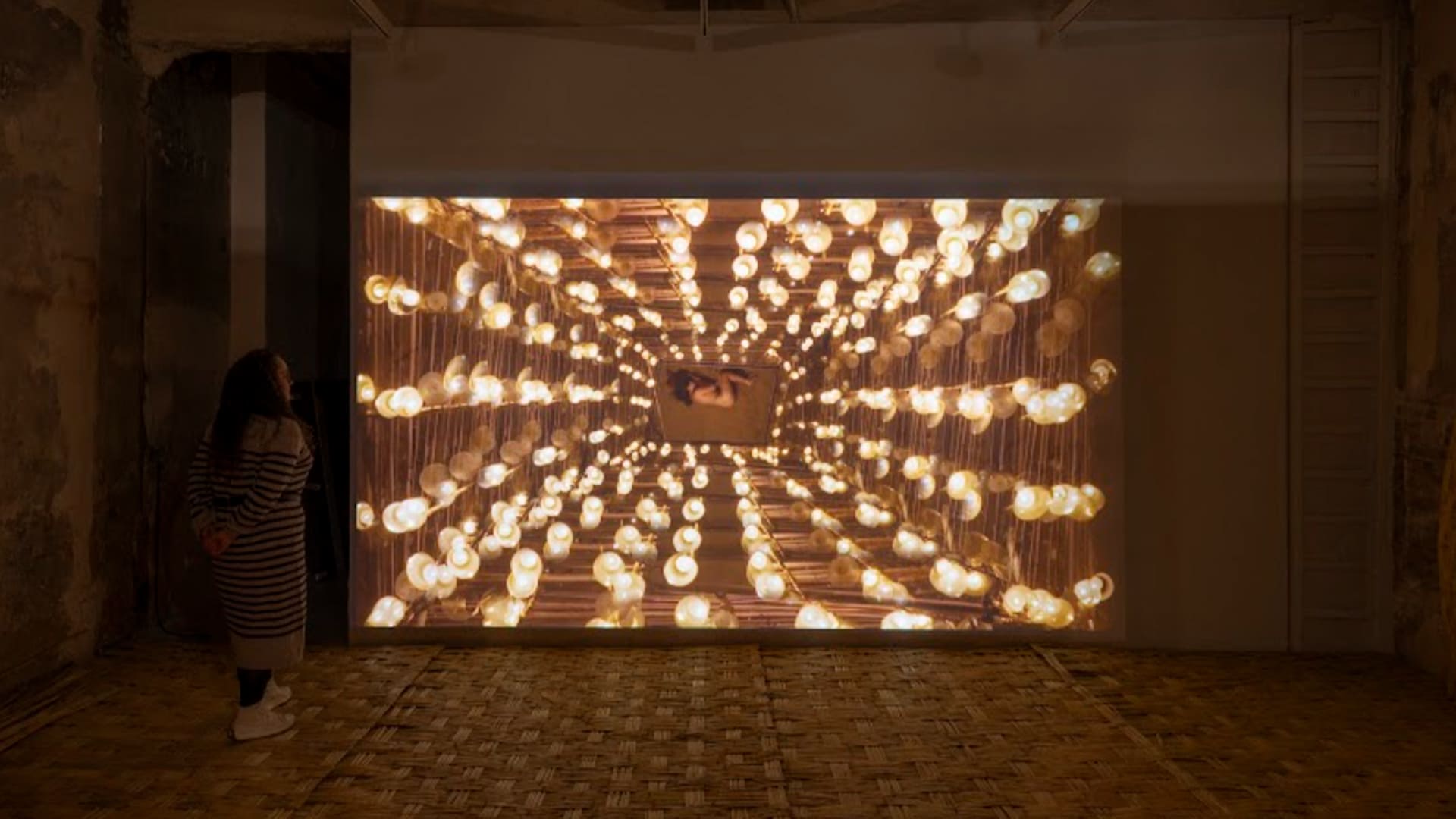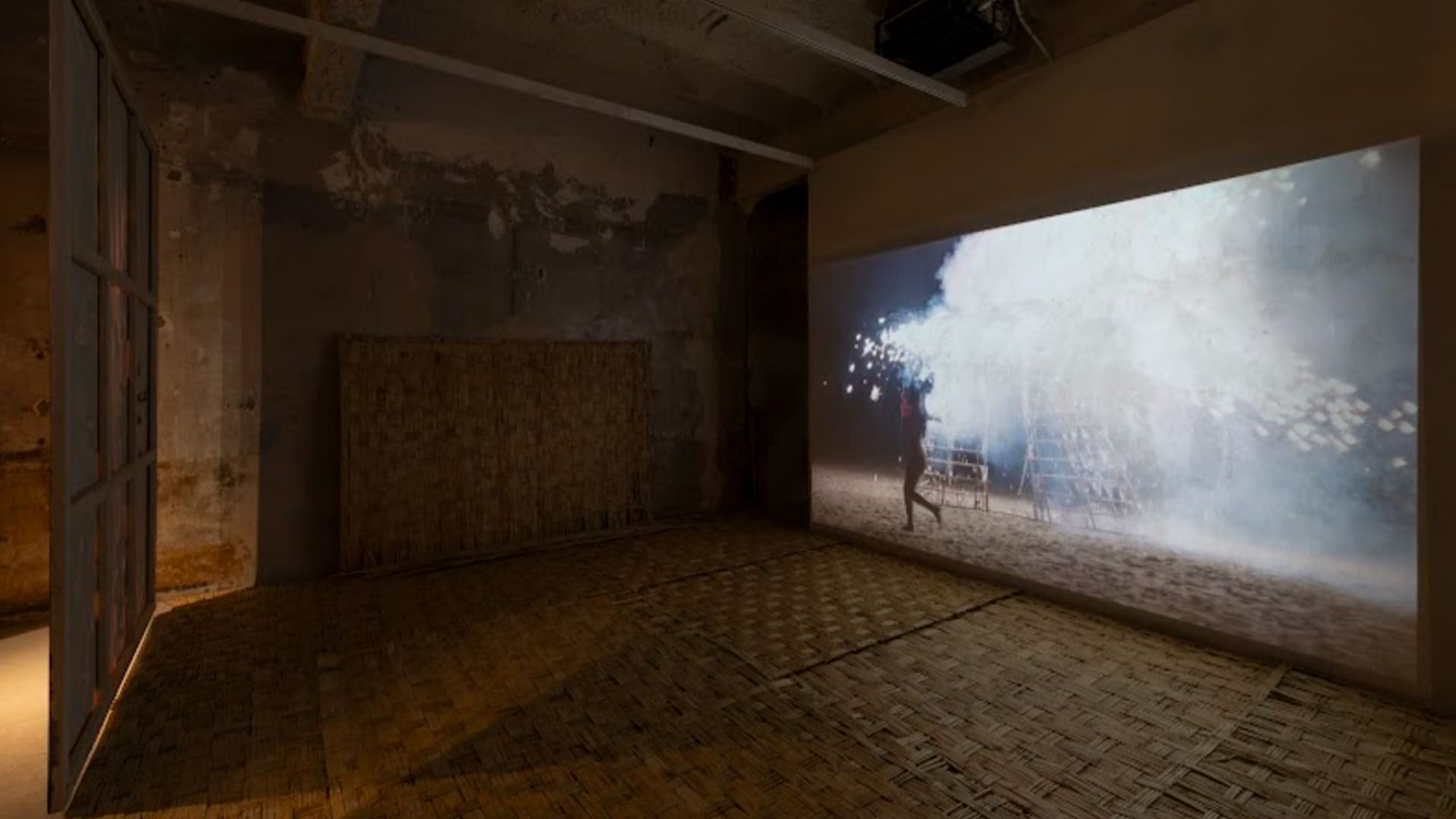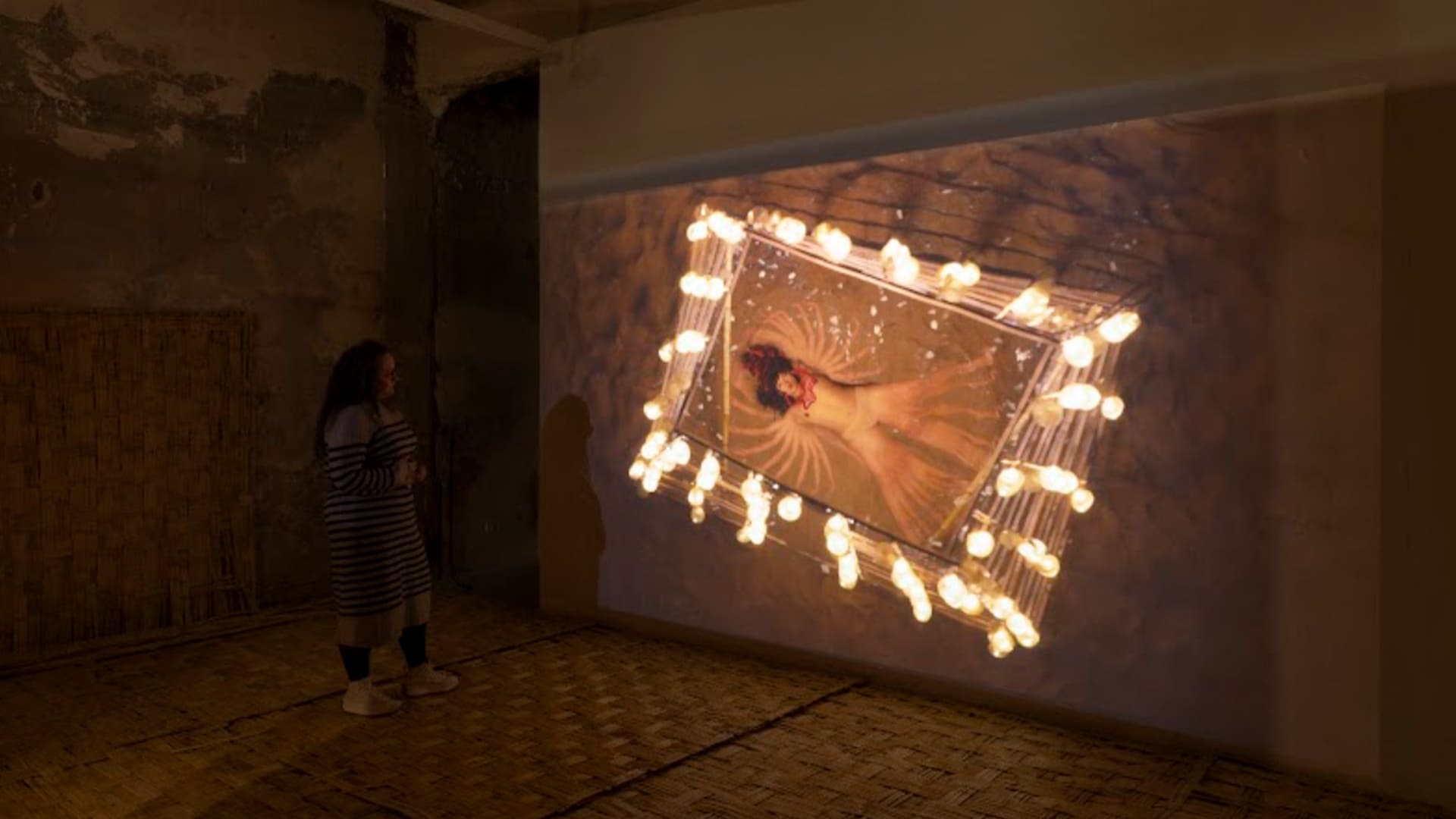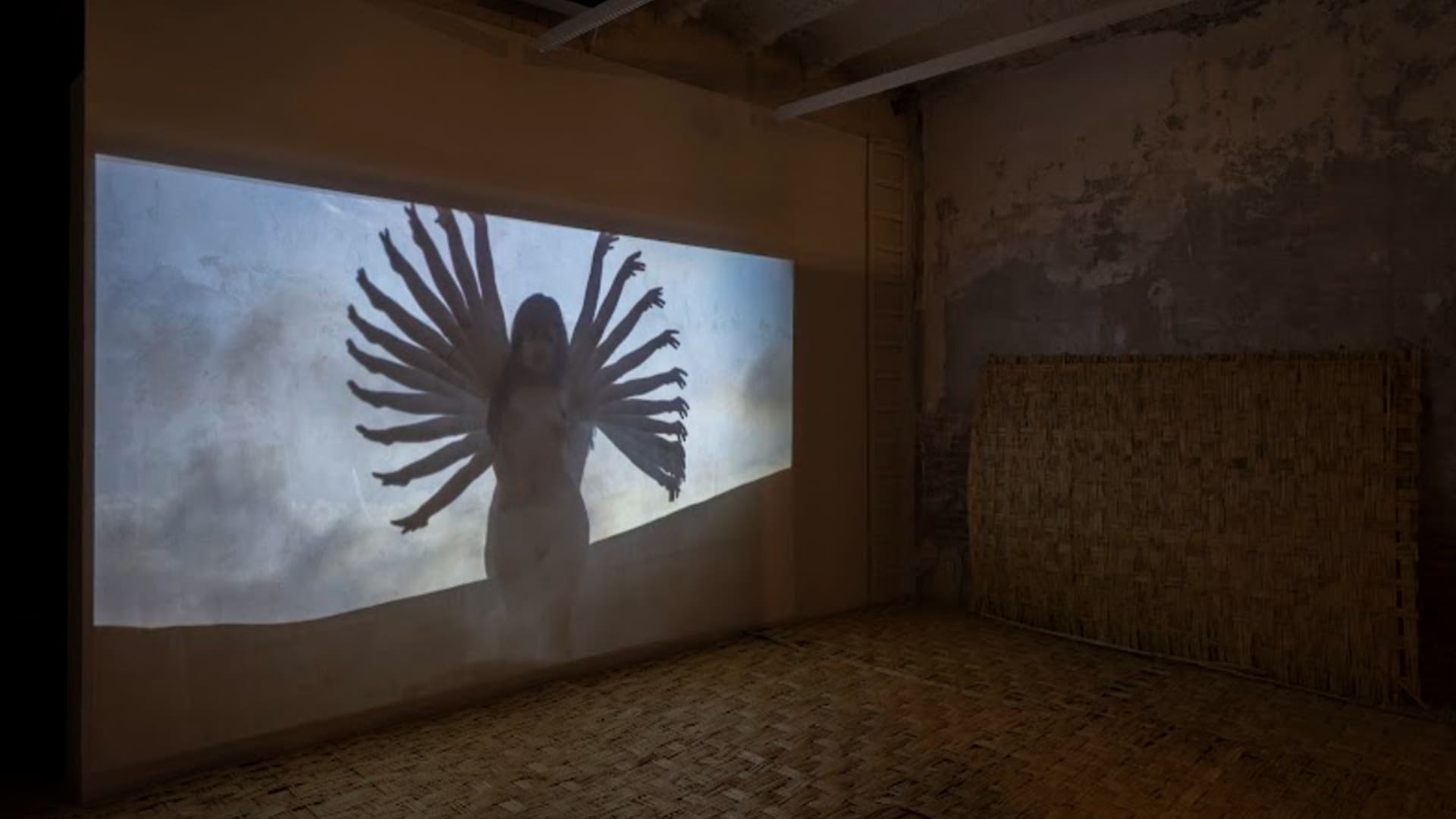Wynnie Mynerva
The Sweet Nectar of your Blood
Wynnie Mynerva’s (Lima, Peru, 1992) multidisciplinary work is informed by personal experiences of violence based on race, gender and sexuality. Their practice, which includes painting, performance, video and objects, seeks to question the corporeal tradition of human experience and, in particular, to break the hegemonic foundations that religious colonization, scientific-positivist enlightenment and extractivist modernity have caused to cultures of the Global South and to dissident sex-gender bodies.
For this project, Mynerva proposes a first-person experience and places blood at the center of their research: both because of the Christian colonial tradition of “blood purity”—because of the Inquisition—and its drifts in terms of privileges; and by subverting the concept of “infection”, in relation to hiv/aids, as a new stage of blood and its social condition, from which to build a new present.
Using speculative fiction, Mynerva creates new myths and legends, which they contrast with the veracity of the landscapes, architectures and traditions on large canvases. Their intention is to relate the vestiges of their past—Villa Salvador is a district mired in conflicton the outskirts of Lima where they were born and raised—with the condition of the infected body and their experiences. To do so, they irreverently subverts colonial religious symbols, such as the Cruz del Camino de los Andes on the canvases or the religious garments used in the inaugural performance.
Agustin Perez Rubio
